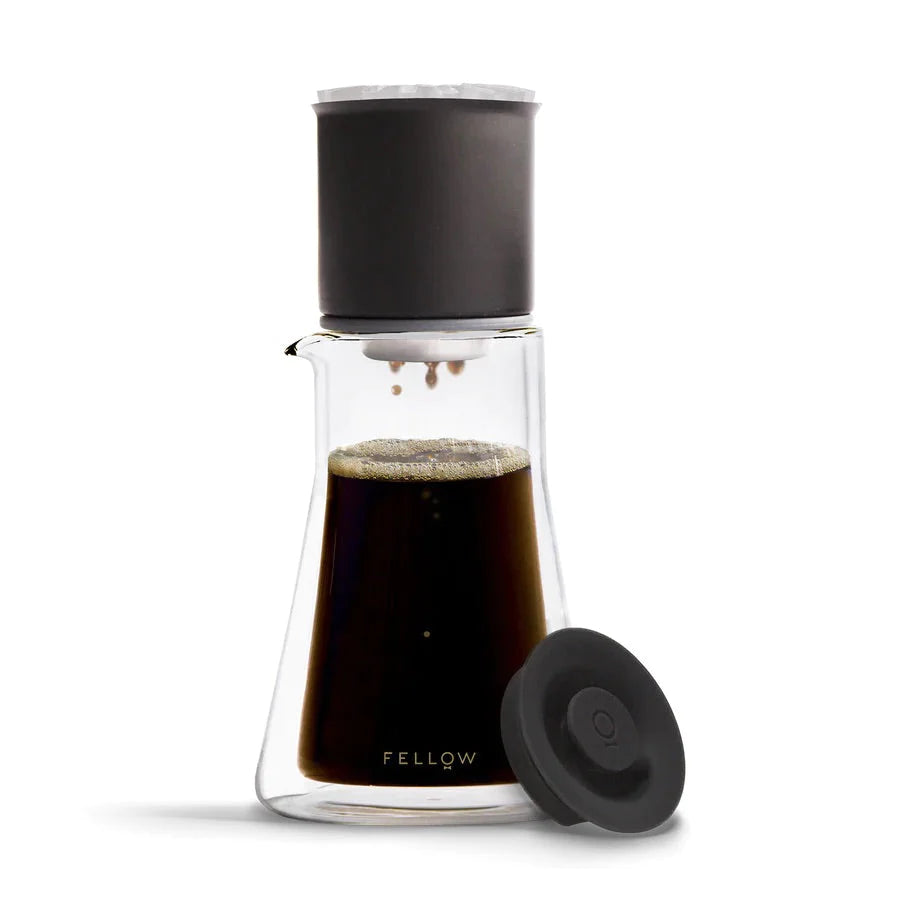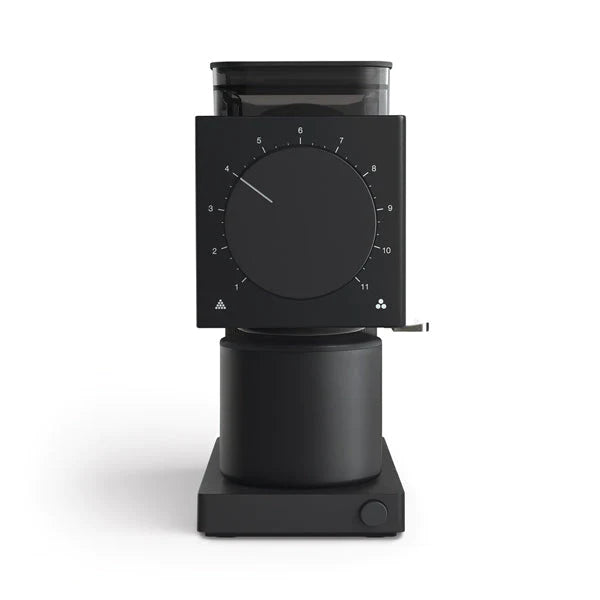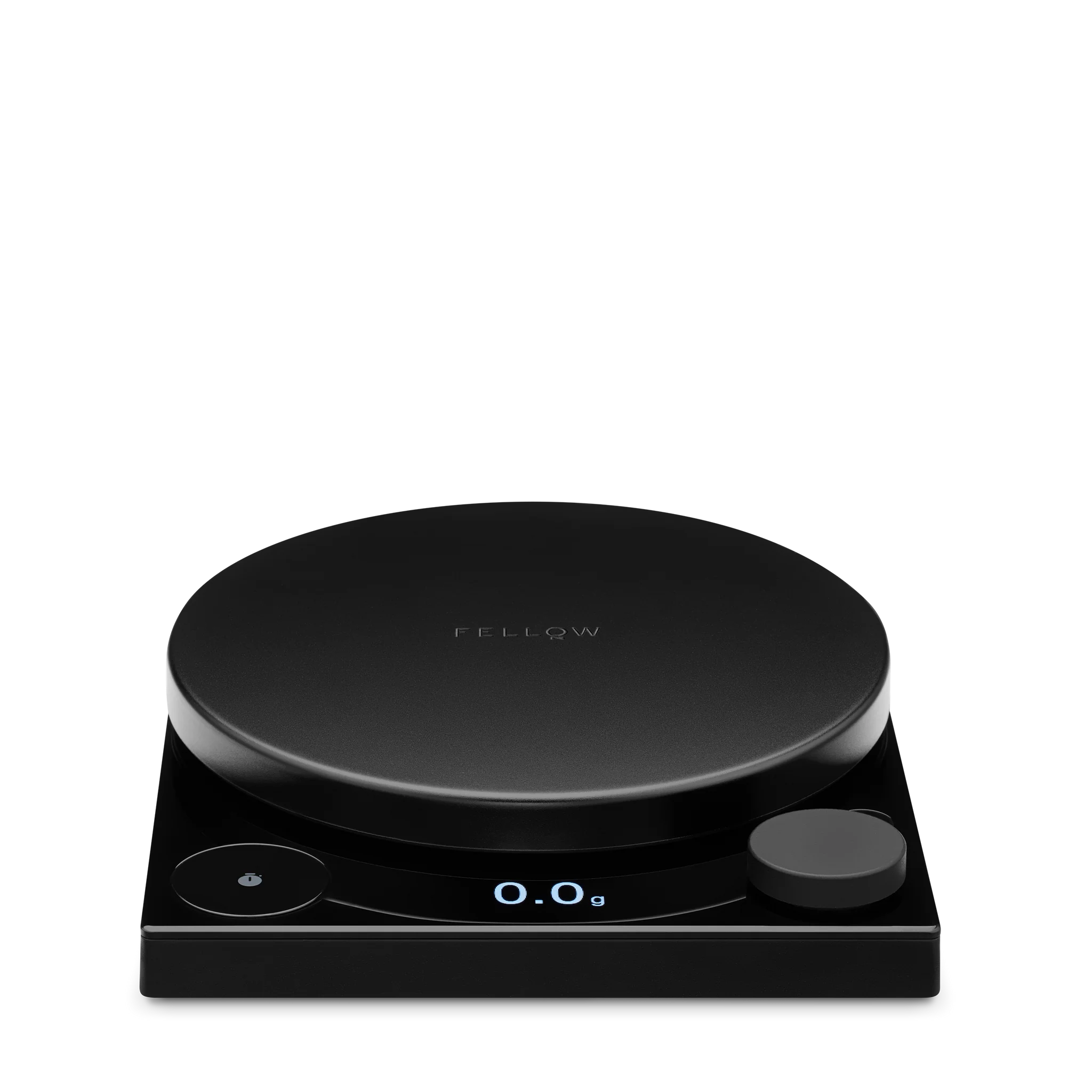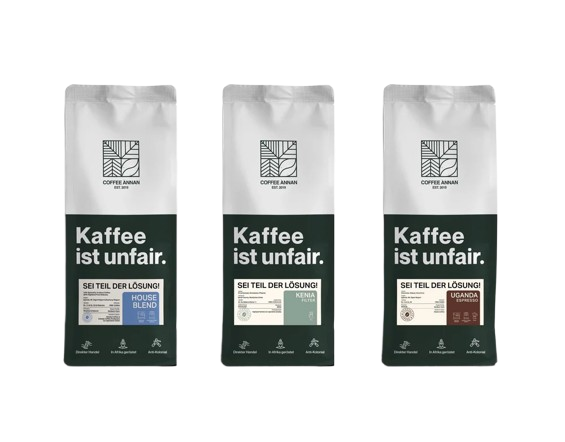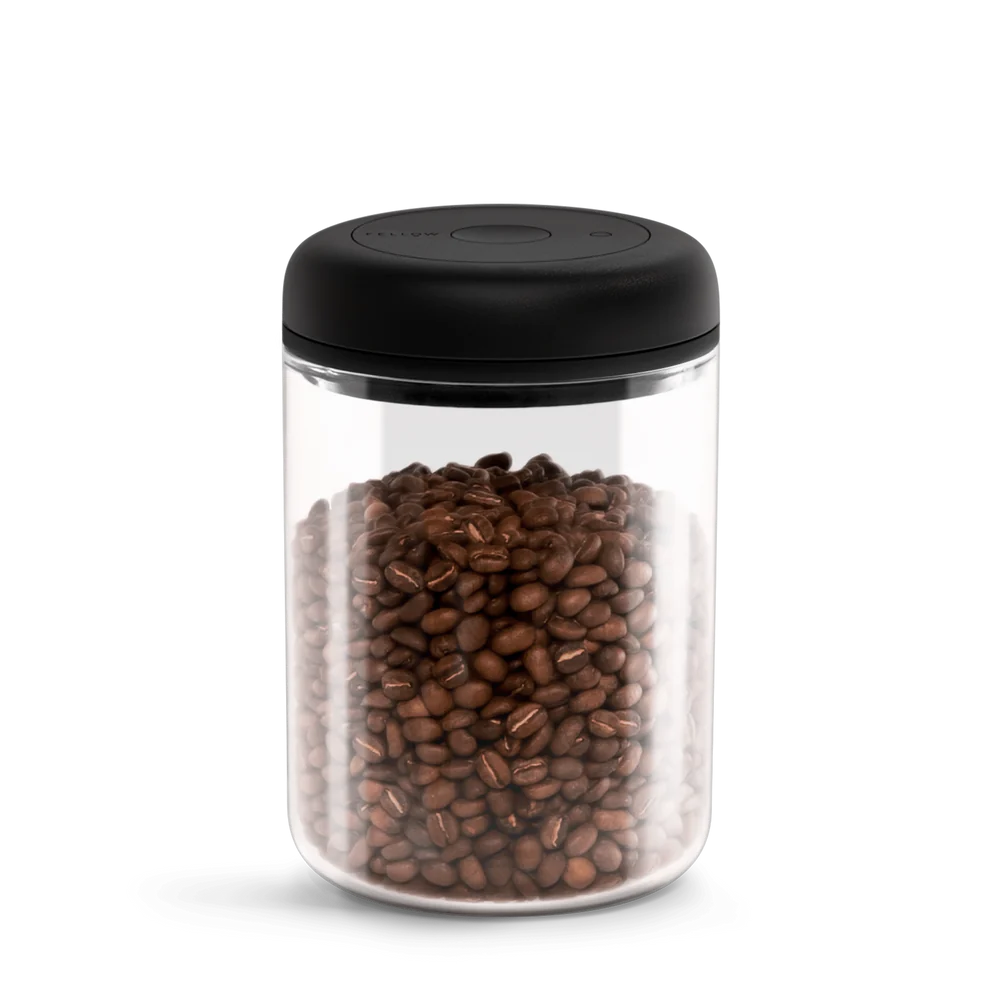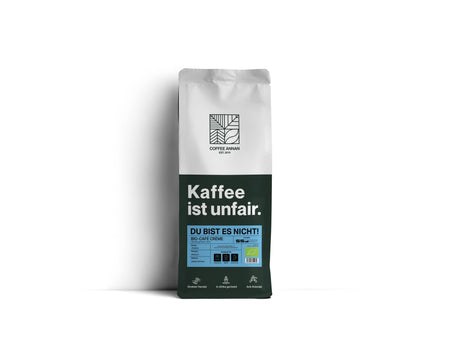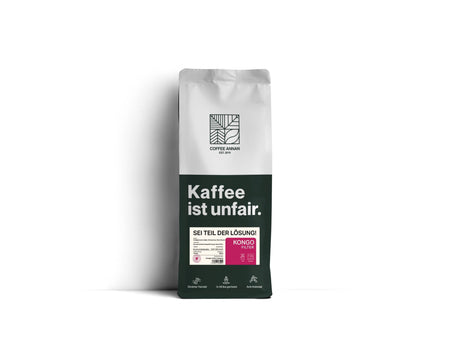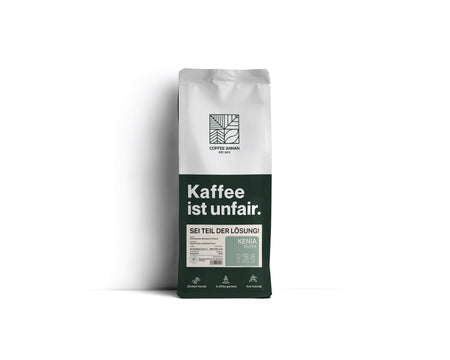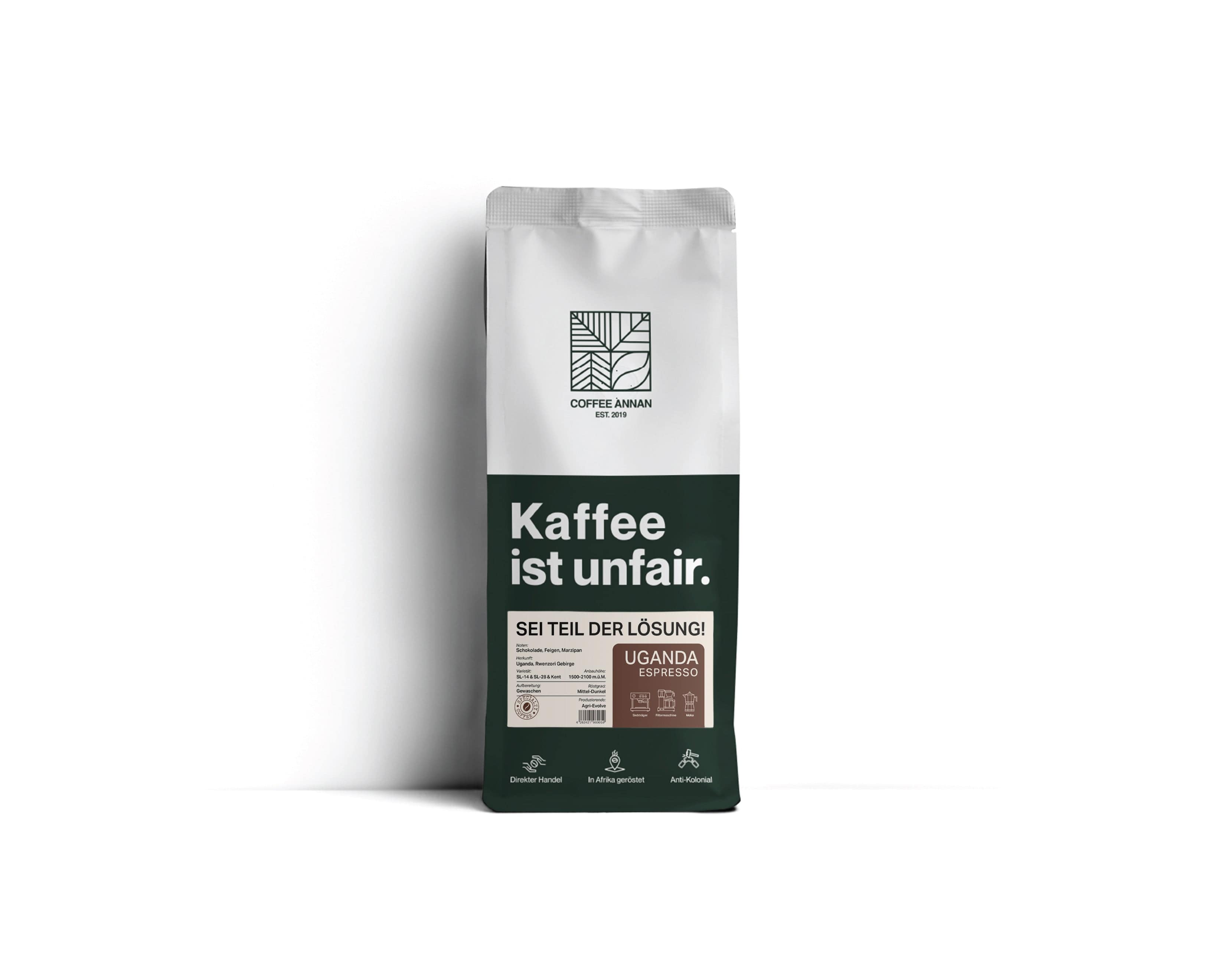What Is a Healthy Daily Dose of Coffee or Caffeine?
Nothing works without coffee – most of us know the feeling of being barely responsive in the morning before enjoying the first cup of our favorite hot beverage. So far, so understandable: But can you actually overdo it? So the question arises: "How much caffeine a day is healthy?"
You've probably already read conflicting information on this topic. Now it's time to clear it up once and for all! In this article, we'll address the caffeine content of coffee and other beverages and help you navigate this jungle effectively.
What is caffeine actually?
Caffeine is a naturally occurring substance found primarily in coffee and is used worldwide as a mild stimulant to increase concentration, alertness and performance.
Learn moreHealth benefits of caffeine
Many people question their caffeine consumption – but studies show that caffeine in moderate amounts not only improves concentration but can also help to better manage stress.
Learn moreWhat effect does caffeine have on the body?
Caffeine acts as a powerful stimulant on the body – however, excessive consumption can lead to side effects such as sleep disorders, high blood pressure or nervousness.
Learn moreThe correct daily dosage of caffeine
The recommended daily intake of caffeine is 400 milligrams. Those who know and adjust their intake can consciously utilize the positive effects of caffeine.
Learn moreWhat is caffeine actually?
It's best to start at the very beginning; because as much as this stimulant is literally on everyone's lips, most people know very little about the fuel that keeps the world of work running. What exactly is it?
Caffeine is a naturally occurring chemical compound found in many plants, fruits, and beverages. It is the most widely consumed stimulant in the world and is often used to enhance physical and mental performance.
The remedy works by increasing nervous system activity and promoting blood circulation. It can thus help combat fatigue, improve memory, and increase physical endurance. It's no wonder, then, that this energizing substance is also popular among athletes!
Of course, caffeine doesn't just mean coffee: it is also found in many different foods and beverages, which we will take a closer look at later.
Health benefits of caffeine
Surely you know people (or are one of them yourself) who occasionally question their caffeine consumption and often want to reduce it. When it comes to New Year's resolutions, "drinking less coffee" or even giving it up completely is often at the top of the list.
But is that even justified? The substance also has health benefits that we don't want to withhold from you.
Caffeine can also help improve our mental performance. A recent study found that it increases neuronal activity in the nervous system and can thus reduce psychological stress.
More specifically, this means that people who drink coffee are less prone to stress and better able to cope with mental challenges. Ideal for tackling strenuous tasks at work, right?
Always on the ball with coffee and co.
Another study has shown that people who regularly drink coffee react more quickly to new challenges than those who don't. Here, too, a direct connection between the substance and the increased responsiveness is evident.
Caffeine also supports memory and retention, which becomes noticeable approximately one hour after consumption. Furthermore, the substance enhances visual information processing, thus improving our ability to perceive and understand visual features.
Stay healthy longer with caffeine?
While some people may rightly be concerned about their high caffeine consumption, there are a number of health benefits. Not only does the substance help improve mental performance and preserve memory, but some studies also suggest that regular consumption of the substance could protect against diseases such as Alzheimer's and Parkinson's.
What's more, this versatile substance is believed to protect against certain types of cancer and may reduce the risk of heart disease. In short: coffee consumption has positive effects on our health—especially mental health—but only as long as it's enjoyed responsibly!
Caffeine as a slimming aid – does it work?
Caffeine is a popular additive in many dietary supplements and drinks that promise to help you lose weight. But how exactly does it work? Can it actually help you lose weight? It has been proven, after all, that it has a positive effect on your metabolism.
Caffeine accelerates fat burning, thus promoting faster weight loss. It also suppresses appetite and, consequently, cravings for unhealthy snacks between meals.
But caution is advised: Caffeine alone is not enough for successful weight loss, and—consumed in the form of coffee with milk and sugar—can even have the opposite effect. To stay slim and fit in the long term, it's more important to maintain a healthy diet and exercise regularly. However, caffeine can be a good aid in weight loss —provided it's consumed in moderation.
What effect does caffeine have on the body?
Although this may sound frightening at first, the stimulant is officially a drug—albeit a completely legal one. This means that the substance has a significant effect on the organism.
Caffeine binds to specific receptors in our body and causes a series of physiological changes. It acts as a stimulant for the central nervous system, respiration, blood pressure, and heart rate, and increases metabolic activity.
This is harmless in itself, but excessive consumption can lead to health problems. It stimulates the nervous system, which can increase heart rate or blood pressure. Too much caffeine can also lead to sleep disturbances, nervousness, gastrointestinal problems, and even cardiac arrhythmias.
Therefore, it's essential to keep a close eye on how much caffeine you typically consume per day. Those suffering from depression or anxiety disorders, for example, should be especially careful with this, as the stimulant can temporarily increase cortisol levels.
How long does caffeine last?
How long does caffeine last in the body? This question cannot be answered in a general way, as the duration of the substance's effects depends on various factors, such as whether or not someone has already eaten anything. Other factors such as stress or lack of sleep can also influence the duration of caffeine's effects.
The substance is typically absorbed within 15 to 45 minutes of ingestion and absorbed in the small intestine. It then enters the bloodstream and is rapidly transported to all organs and tissues of the body. The duration of the effect varies from person to person, but the half-life is generally around 4–6 hours .
It's also important to note that large doses are broken down more slowly than smaller amounts. The type of beverage also plays a role; coffee contains more caffeine than tea or soft drinks. Ultimately, it all depends on how much you consume and other factors.
It's also possible that some people may develop a certain tolerance; this means they need more caffeine to achieve the same effect than before—which, of course, also affects the duration of the effects. Regardless, you should always exercise caution and ensure you don't consume too much caffeine to avoid negative effects.
Frequently asked questions about coffee and caffeine
How much caffeine enters our bodies each day depends primarily on the type of coffee we consume, as there can be significant differences even from one type of coffee to another. This is precisely why it's important to have some background knowledge to determine exactly how many mg of caffeine we actually consume per day. Below is some important information on the topic!
There is no one-size-fits-all answer to this question, as it depends on the specific coffee. Caffeine content varies depending on the type and preparation method. However, in general, the stronger the coffee, the more caffeine it contains. For example, a cup of espresso contains more than twice as much caffeine as a cup of filter coffee. Likewise, the amount of caffeine in 100 ml can vary greatly depending on the brand of coffee grounds used. For example, a cup of Arabica coffee contains significantly less caffeine than a cup of Robusta coffee. Therefore, it's difficult to say exactly how much caffeine is in 100 ml of coffee. However, the European Food Safety Authority (EFSA) has set a guideline: It recommends that adults consume no more than 400 mg per day, which is equivalent to about 4 to 5 cups of filter coffee. So, if you want to watch your daily dose of caffeine, we recommend drinking no more than 4 to 5 cups per day – regardless of the type and preparation method of coffee!
In short: Typically, 100 ml of coffee contains about 95 mg of caffeine. This is roughly equivalent to one teaspoon of ground coffee or a small espresso. However, this ratio is only a rough estimate, as the caffeine content depends on various factors. For example, dark coffee, such as espresso, contains more caffeine than light coffee. The amount consumed also influences the caffeine concentration in 100 ml of coffee. The more you drink, the higher the average caffeine concentration in each glass or cup.
The correct daily dosage of caffeine
Hardly anyone wants to go without their daily caffeine fix. But how much is too much?
Exactly how much caffeine should you consume per day? The maximum recommended daily intake for adults is 400 mg. This is equivalent to approximately four to five cups of coffee. Most people can tolerate this amount of caffeine without any health problems.
However, you should keep an eye on the amount of caffeine you consume daily. Too much caffeine can lead to insomnia, nervousness, rapid heartbeat, and stomach upset. If you notice these symptoms, you should reduce your consumption or stop altogether.
Even though 400 mg of caffeine per day is considered safe, that doesn't mean there are no side effects. Everyone reacts differently. Some people tolerate it well, while others are sensitive to it.
If you're considering whether to increase or decrease your consumption, it's advisable to consult a doctor or pharmacist. Incidentally, particularly strict maximum limits apply to pregnant and breastfeeding women.
Caution: Hidden caffeine
As already mentioned, it's not only coffee that contains caffeine. Many energy drinks, colas, mate, and other beverages also contain caffeine and should not be consumed in excess—especially not in addition to coffee!
But many foods also contain hidden caffeine. You might be surprised to know that bananas contain approximately 0.5 mg of caffeine per 100 grams. Chocolate (especially dark chocolate) also contains far more caffeine than many people realize.
Checklist: How much caffeine do you really consume per day?
It's not always easy to determine how much caffeine actually enters our bodies each day. It might be worthwhile to keep a log of your coffee consumption and all other caffeinated beverages and foods for a while to get a comprehensive overview. It's important that you don't exceed the recommended daily intake and determine how your body reacts.
If you want to reduce your caffeine consumption, you can try decaffeinated coffees or drinks and even use light or white chocolate.
Conclusion
It's all in the dose! While caffeine offers many health benefits when consumed in excess, it also has some undesirable side effects. It's important to find your ideal dose and adhere to the recommended maximum values. At Coffee Annan, you not only receive important information about the caffeine content of your coffee, but you can also enjoy it with a clear conscience . With every cup, you help ensure that coffee farmers are fairly compensated for their quality product.


